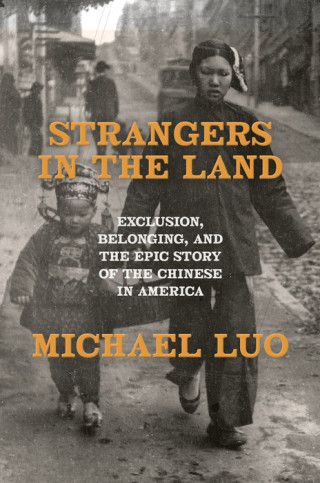There is perhaps no more accurate encapsulation of a country’s values than whom it is willing to include in its citizenry. Since the earliest days of the Republic, the answer to the question “Who gets to be an American?” has been contested, subject to the anti-democratic impulses of racism, suspicion, and paranoia. The Trump Administration’s effort to restrict birthright citizenship is merely the latest turn in that struggle. Last year, Hardeep Dhillon, a historian at the University of Pennsylvania, shared some research with me that is instructive in this current moment. It involves a letter that she stumbled upon at the National Archives in San Bruno, California, which lends new significance to the Native Sons’ gathering in the long-running story of inclusion and exclusion in America. The letter is dated July 10, 1895, and written by John H. Wise, the customs official in charge of San Francisco’s port, to John G. Carlisle, the Secretary of the Treasury. (At the time, the Treasury Department was responsible for immigration enforcement.) Wise was staunchly opposed to Chinese immigration and had been sounding the alarm to officials in Washington about the threat posed by a native-born Chinese population. In the letter, he alerted Carlisle about this new organization, “composed of alleged native born Chinese,” and warned that it proposed “to demand rights for its members as citizens, to vote at elections, and take part in the politics of this country.”
Wise had been conferring with George D. Collins, a San Francisco lawyer who had been pressing a legal theory that the children of Chinese immigrants were “at the moment of birth subject to a foreign power,” because their parents were Chinese subjects. The Fourteenth Amendment, enacted after the Civil War, decreed that “all persons born or naturalized in the United States, and subject to the jurisdiction thereof, are citizens of the United States.” Collins argued that native-born Chinese Americans did not qualify.
